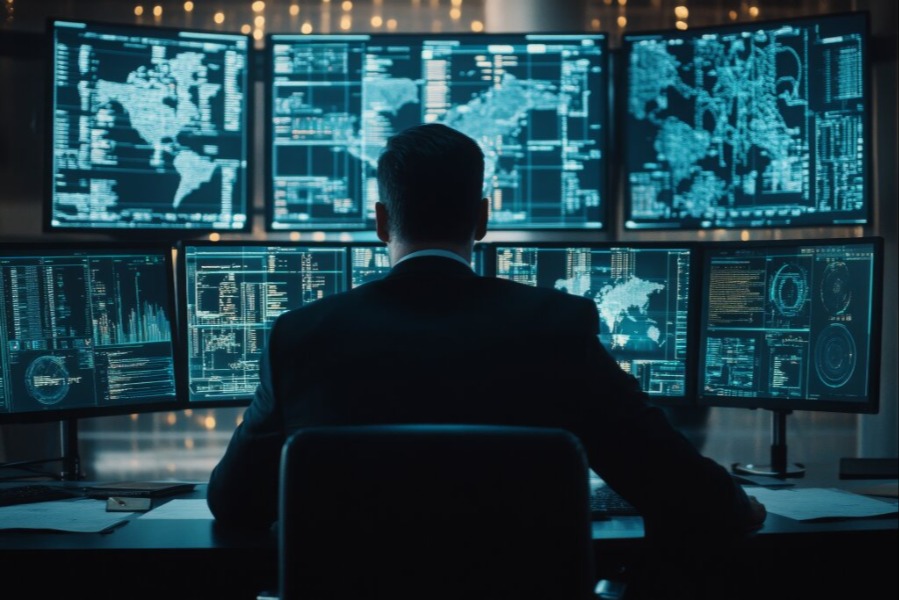The Lawfare Podcast: Bringing Digital Evidence into the Courtroom
Published by The Lawfare Institute
in Cooperation With

In last month’s landmark settlement, the City of New York agreed to pay over $13 million to a group of 1,380 protestors who “were arrested and/or subjected to force by N.Y.P.D. officers” in Manhattan and Brooklyn in the summer of 2020. The proposed settlement marks “the largest total payout to protesters in a class-action suit in the United States,” according to Akela Lacy at The Intercept. The plaintiffs won the case, at least in part, thanks to the work of SITU Research, a group that conducts visual investigations and “merges data and design to create new pathways for justice.” SITU Research’s work supports activists, advocates, and lawyers, bridging the gap between digital evidence and the communities that can best deploy them towards justice and accountability.
Lawfare Managing Editor Tyler McBrien sat down with Brad Samuels, a founding partner at SITU who has overseen the team’s visual investigations for legal and advocacy organizations including The International Criminal Court, Human Rights Watch, Amnesty International, The Associated Press, Frontline, The United Nations, and many others. They discussed why forensic reconstructions and other visual investigations are so useful in the pursuit of justice for war crimes and other abuses, how Samuels and his colleagues build them, and some of the pushback they get. They also talked about the thorny new questions these new technologies raise, including the dangers of retraumatizing victims.





.png?sfvrsn=aed44e61_5)

